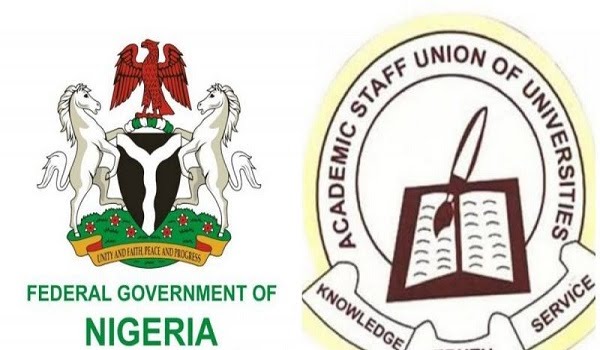ABUJA — In what many describe as a decisive step to end the 16-year-old dispute over the 2009 agreement, the federal government and the Academic Staff Union of Universities (ASUU) are set to meet in Abuja today for high-stakes negotiations aimed at producing a binding and implementable deal.
Top government officials, including the Minister of Education, Dr. Maruf Tunji Alausa, the Minister of Labour, representatives of the National Salaries, Incomes and Wages Commission (NSIWC), and the Solicitor-General, are expected to sit with ASUU leaders to harmonize the renegotiated 2009 FGN–ASUU agreement with other reports and map out a concrete timetable for phased implementation.
The urgency of the meeting comes against the backdrop of mounting threats from ASUU branches nationwide, warning that their patience is running thin after a renegotiation process concluded in December 2024 and formally submitted to the government in February 2025. Union leaders insist that the government must now sign and implement the draft agreement to prevent another nationwide shutdown of public universities.
“The union has kept its part of the bargain. It is time for the federal government to demonstrate seriousness by adopting the report without delay,” Zonal Coordinator of ASUU, Abuja Zone, Prof. Al-Amin Abdullahi, said recently.
The 2009 agreement, originally signed under the late President Umaru Musa Yar’Adua, promised sweeping reforms for Nigeria’s public universities, including revitalization funding, enhanced institutional autonomy, a new salary structure for academics, and a clear monitoring framework. Its partial or non-implementation across successive administrations has fueled recurring strikes, leading to what analysts estimate as nearly five years of cumulative lost academic time since 1999.
However, officials argue that the current process may finally break the cycle, citing Education Minister Alausa’s reformist approach. Earlier this year, the Tinubu administration released N50 billion to settle long-standing earned academic allowances (EAA), a gesture widely seen as restoring trust between government and lecturers. Alausa has also launched the Diaspora BRIDGE Initiative, a digital platform connecting Nigerian professionals abroad with local universities for mentorship, lectures, and research collaboration.
Today’s meeting will tackle the immediate task of reconciling the Yayale Ahmed draft concluded in 2024 with the original 2009 agreement and subsequent reports, such as the Nimi Briggs recommendations. Sources say discussions will focus on aligning phased financial commitments with the national budget and drafting a legally binding instrument for signature.
Stakeholders are watching closely, describing the talks as a “make-or-break moment” for Nigeria’s higher education system, which has been plagued for decades by industrial disputes and stalled reforms.

Comments